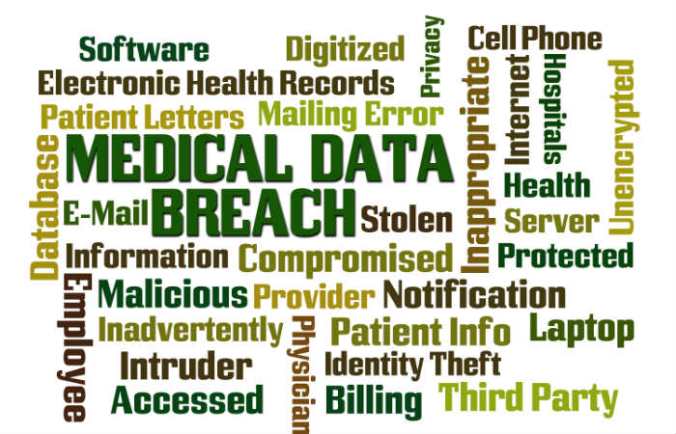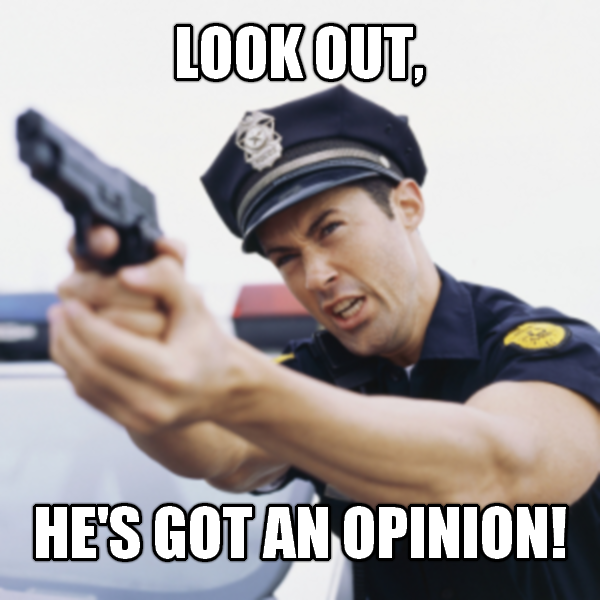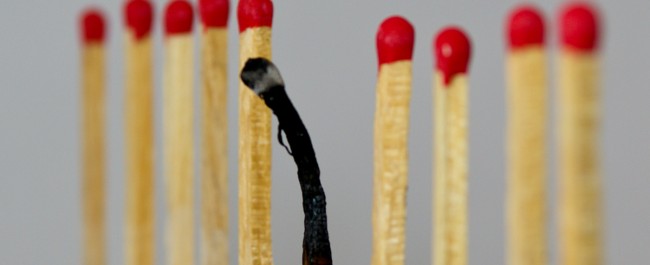In August 2018, Miranda Devine, a journalist, let the world know that proposed changes had been made to the Australian doctors code of good medical practice. We discovered that submissions were called for but were closing in just a few days. Changes that were being proposed intended to even more thoroughly clamp down and limit freedom the doctors have as ordinary people to express in public. Interestingly, most doctors were not aware of the proposed changes that were being made.
Here follows the letter that I wrote to them in response to their call for general comments:
Dear Medical Board,
I’m writing in response to the proposed changes to the medical code of good medical practice. I am the first person to stand up and say that we need a code of good medical practice, one that equally supports us as doctors and people as patients.
I regret to say that the current code of good medical practice does not perform such a function in its existing role, nor its revised form and in fact the revised form raises even further concerns regarding the protection of the fundamental human rights that all doctors as people ought to have honoured. It is our duty as a profession to take care of the people in the profession and people who seek the support of the profession equally so, as whilst we consider people disparate and separate then we are not supporting the health and well-being of the all, and this is patently seen in the statistics of ill health and misery that affect the medical profession. We as doctors who know about the association of cause and effect and environmental medicine scientifically know that there is no such thing as truly random. We all know there are occupational hazards related to poor working conditions which include the entire systems that people work in. Doctors, too, as people are affected by the systems they work in and their ill health reflects the poor health of the systems they are in.
The Code of Good Medical Practice reflects such a system as it is a foundation by which doctors are investigated and prosecuted. Continue reading


 First published in the European Medical Journal October 18 2017 I re-publish it here:
First published in the European Medical Journal October 18 2017 I re-publish it here:
You must be logged in to post a comment.